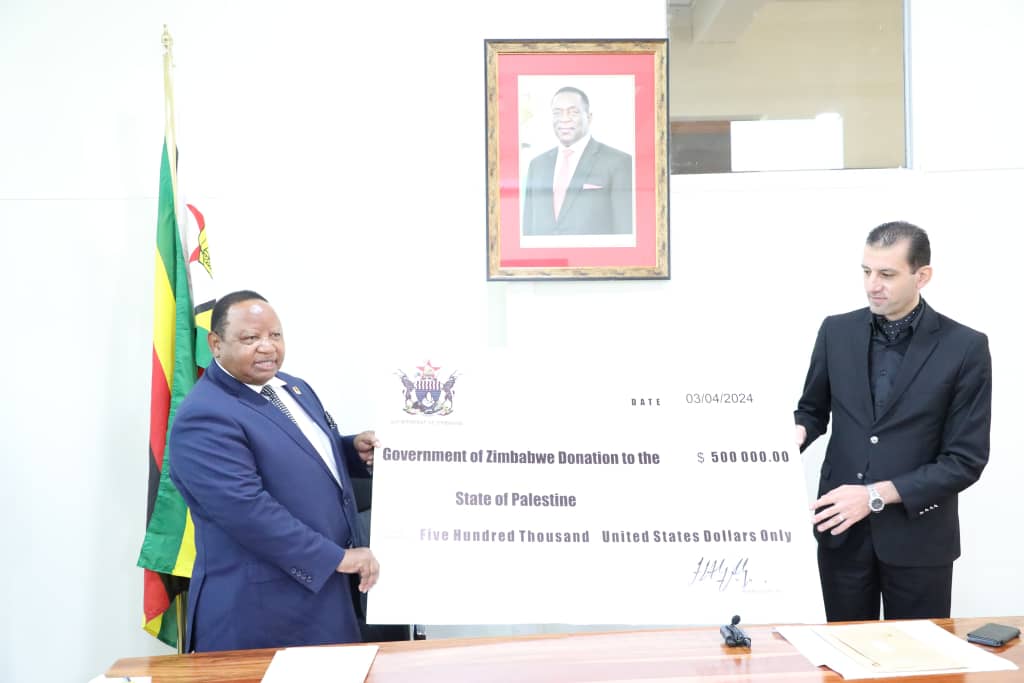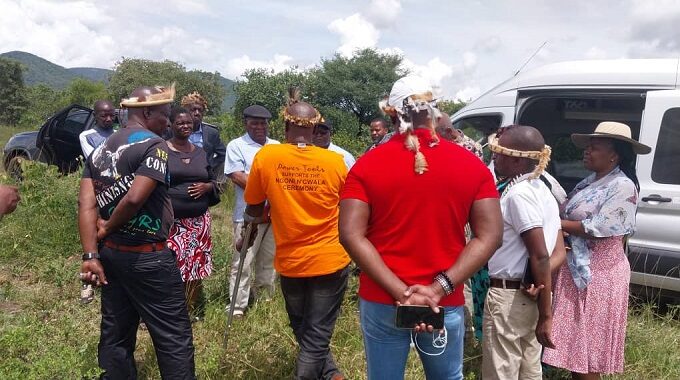
The EU has since lifted its sanctions against Harare but maintains a travel ban on Mugabe and his wife, Grace. The veteran leader left the country Sunday for his annual holiday in the Far East.
In an interview with the NewZimbabwe.com, Van Damme said he was not ready to comment on the internal issues of the ruling party.
“I am not going to comment on the internal issues of the ruling party. That is not our business at the moment,” Van Damme said.
Mugabe last week appointed Justice minister Emmerson Mnangagwa as the first vice president replacing his long-time rival Joice Mujuru who has been alleged to be plotting to topple Mugabe.
Political analyst Alex Magaisa said the diplomatic corps are cautious in making a bold decision.
“They are watching more carefully to see how this succession drama plays out. They don’t want to take positions they would regret,” Magaisa said.
“They realise they got too entangled when they took a bold decision over the MDC v Zanu PF battle and it made things less flexible.
“They are trying to keep a distance in their own interests. But it also shows us that the battle in Zanu PF is not done yet. It’s still unpredictable.”
Ahead of the Zanu PF congress Van Damme said there was nothing unusual about the infighting in Zanu PF.
Van Damme said the nature of politics the world over means at one stage or the other opponents will fight for political space as was happening in the ruling party.
Responding to questions after making a presentation on the future of Zimbabwe-European Union relations at the Southern African Political and Economic Series Trust, Van Damme said while it is not the duty of diplomats to discuss internal party politics, what was happening in Zanu PF was not unusual in politics.






